FMS workshops at Labour Party congress in Den Bosch
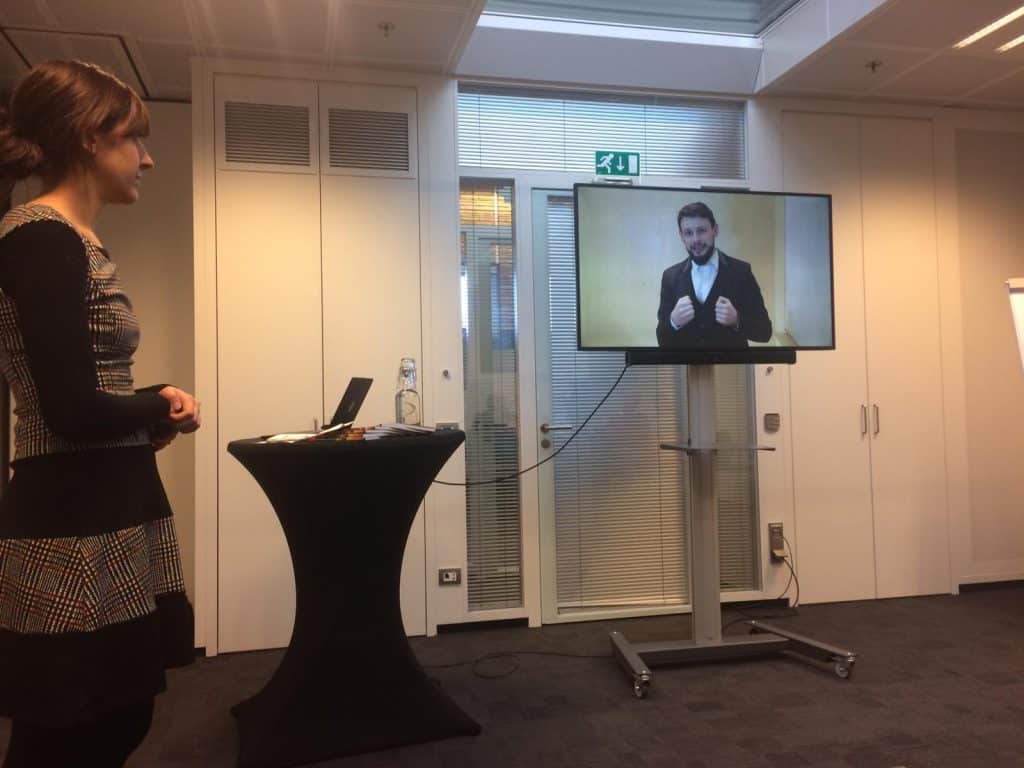
No better place than the Labour Party Congress on 19 January in Den Bosch - where the list and programme for the European elections were decided - to draw our attention to the EU's neighbours. Foundation Max van der Stoel therefore organised two workshops in Den Bosch on the security situation in Eastern Europe and on EU enlargement towards the Western Balkans. Bert Koenders, Jan Marinus Wiersma and Albanian Ambassador Adia Sakiqi were our guest speakers!
Mass protests continue in Serbia: interview with activist Miloš Djajić
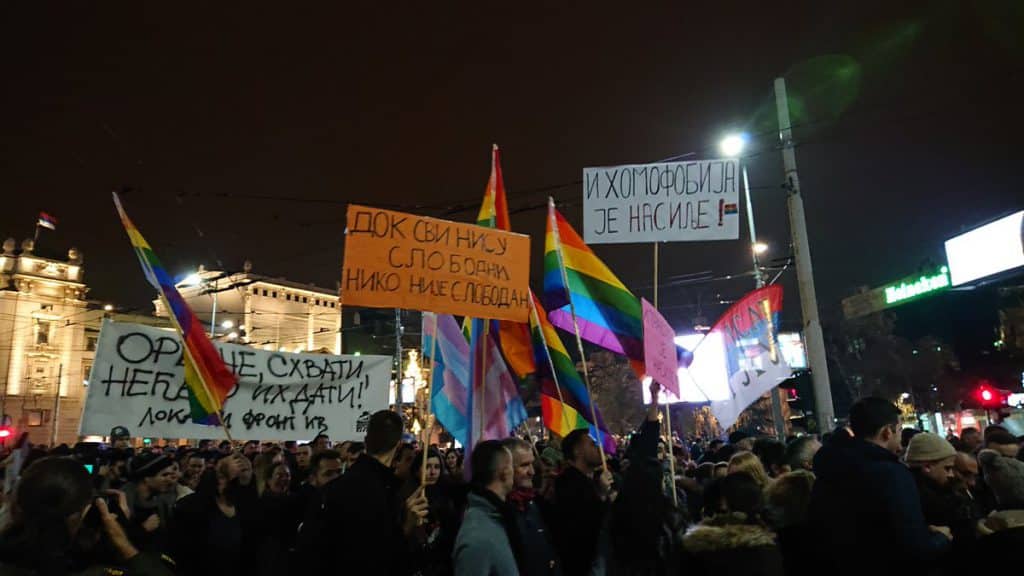
Serbian President Aleksandar Vučić, Serbian Progressive Party (SNS), is under pressure as the protests against him and his government are continuing. Every Saturday, since the 8th of December 2018, thousands of people are marching peacefully throughout Belgrade to protest against violence in the society and Vučić's repressive regime. The protests are supported by the opposition Alliance for Serbia which was created last September. More and more parties are joining the alliance. The Democratic Party (DS) is one of the founding members of the Alliance and we interviewed DS member and director of our partner Center of Modern Skills (CMV), Miloš Djajić,to tell us more about the background of the protests and possible outcomes.
Public meeting: 'Young Generations for the New Western Balkans: Beyond Emigration'
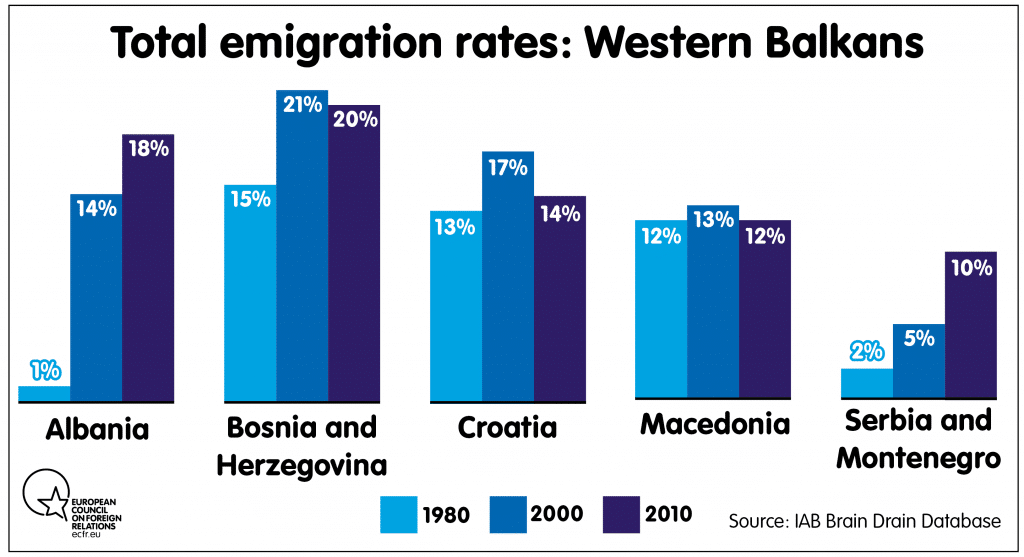
Recent research shows that between 25,000 - 40,000 people are annually leaving each of the Western Balkans countries. Not only young people, but increasingly the middle class as well. A group of young scientist from the region has engaged in a project 'New Horizons for the Young Generations in the Balkans' in order to discuss their visions how to overcome old- fashioned politics and nationalisms and the lack of perspective for younger generations. They will sketch alternative horizons and the look for alternatives for South-Eastern Europe's way beyond emigration. The Hague will be the first place in Europe after Vienna where the results of the mentioned initiative will be presented to the public.
Gender training in Serbia brings progressives together

On the weekend of 26-28 October, Foundation Max van der Stoel, in cooperation with the Center of Modern Skills (CMV), organised a gender training for progressive parties and movements in Serbia that are part of the Alliance for Serbia, a new opposition movement. FMS trainers Jamila Aanzi and Sonja Lokar travelled to Vojvodina province to deliver the training.
Division of Kosovo on the table?
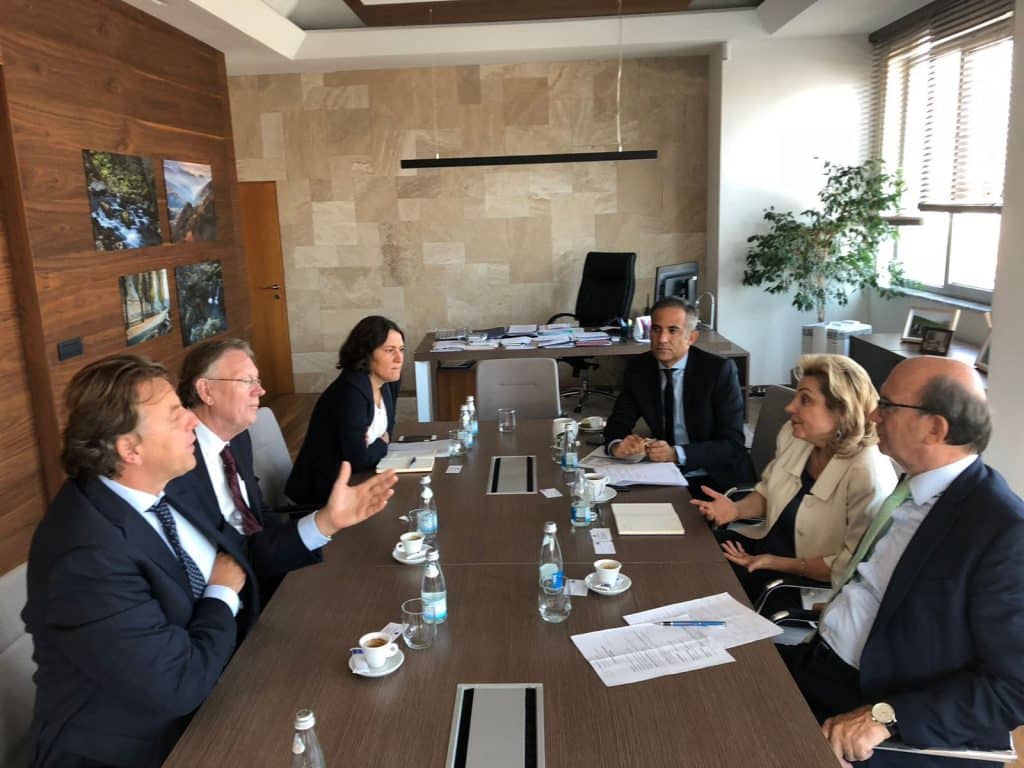
Between the 28th of August and the 2nd of September a delegation of the Dutch Labour Party, Foundation Max van der Stoel and the European Forum for Democracy and Solidarity, headed by Member of the European Parliament Kati Piri, visited EU aspirant countries Kosovo and Macedonia.
Western Balkans expectations on eve of European summit
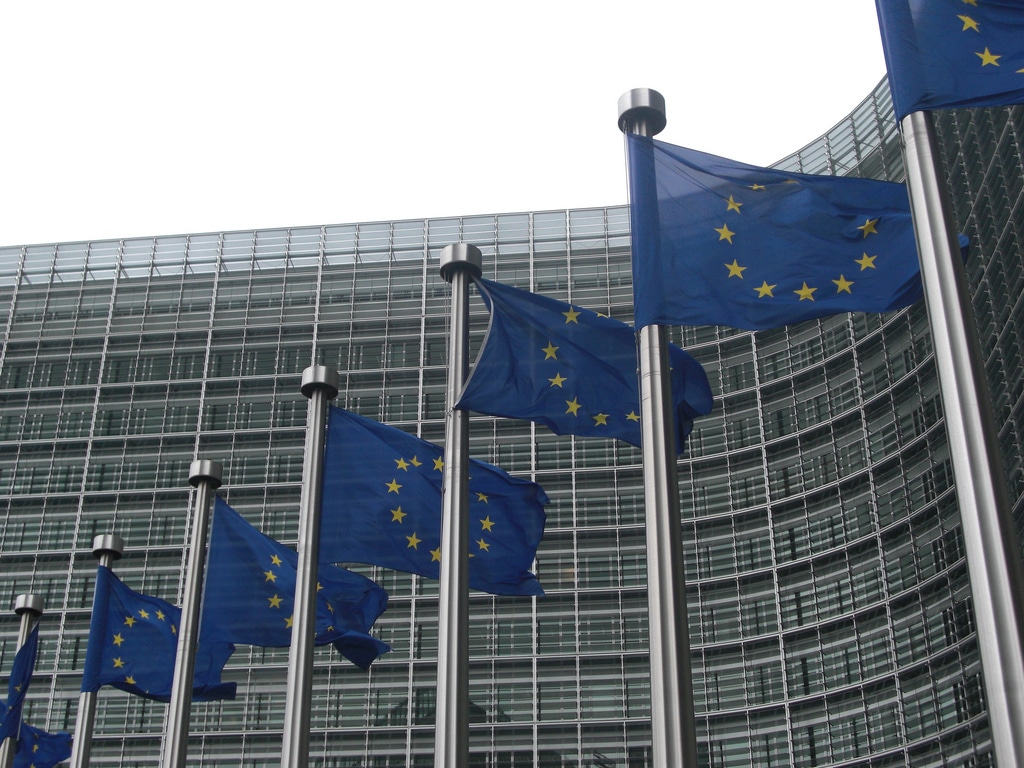
Will we ever be part of the European project? That is the question all Western Balkan leaders are asking as they prepare for the big summit. After French President Macron's statement, no enlargement until the EU itself puts its house in order, last month in Strasbourg, their dreams shattered.
In power since 1991: Djukanovic wins presidential election in Montenegro
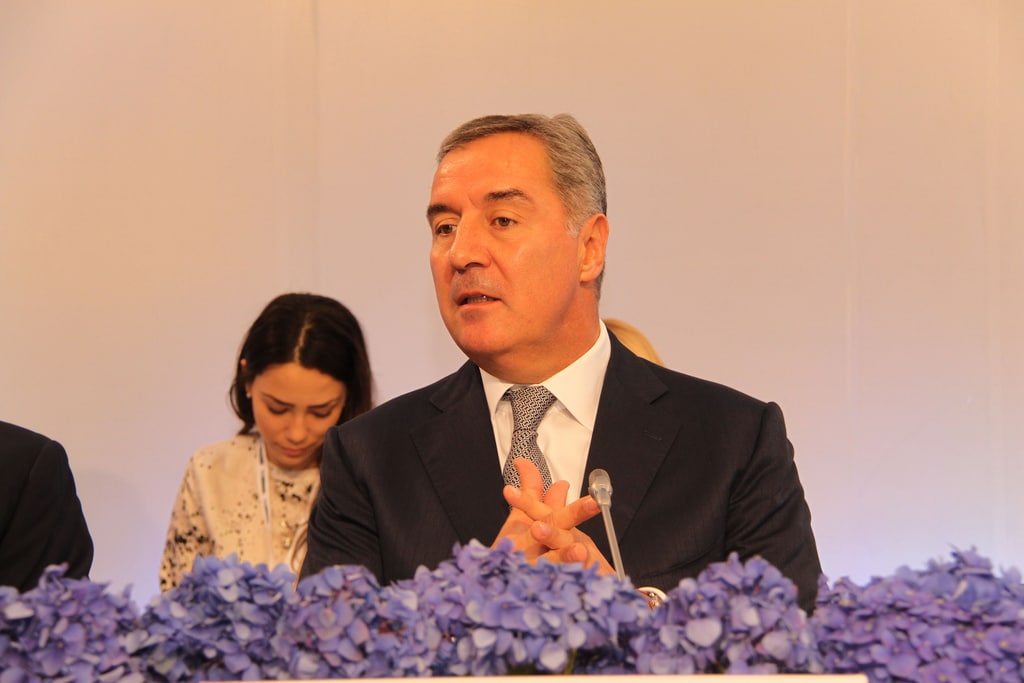
On 15 April, Milo Djukanovic (Democratic Party of Socialists, DPS) won the presidential election in EU candidate Montenegro. A generation of Montenegrins grew up with Djukanovic as leader: since 1991, he has been prime minister six times and now, for the second time, president. His long rule is not uncontroversial. He allegedly enriched himself during Western sanctions against the former Yugoslavia in the 1990s by working closely with organised crime. In 2002, for instance, the prosecutor in the Italian city of Naples issued an arrest warrant for Djukanovic's alleged role in cigarette smuggling. Despite the EU perspective - Montenegro is currently negotiating accession - the democratic transition is stalled by authoritarian leadership of one of the longest-serving leaders in Europe.
EU's New Enlargement Strategy: Change of Tone

On the 6th of February the European Commission presented its long awaited enlargement strategy for the Western Balkans. Since the State of the Union of European Commission President J.C. Juncker last year, there was a growing momentum for a clearer prospect for accession of Bosnia-Herzegovina, Serbia, Montenegro, Kosovo, Macedonia and Albania to the Union.
Back to the '90s: Serbian politician assassinated in Kosovo
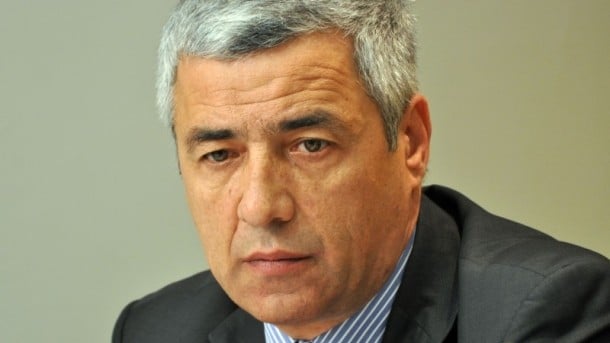
On 16 January, Oliver Ivanović, the main Serbian opposition leader in Kosovo, was shot dead in front of his office. Contrary to reports in some media, this murder most likely had nothing to do with ethnic divisions in Kosovo. Three months ago, I was part of a small European Forum delegation visiting Kosovo and we spoke to Ivanović at his office about the challenges facing Kosovo in the run-up to local elections. How can such an assassination take place in a de facto EU protectorate where European military, judges and officials are supposed to provide security and help build democracy and the rule of law?

